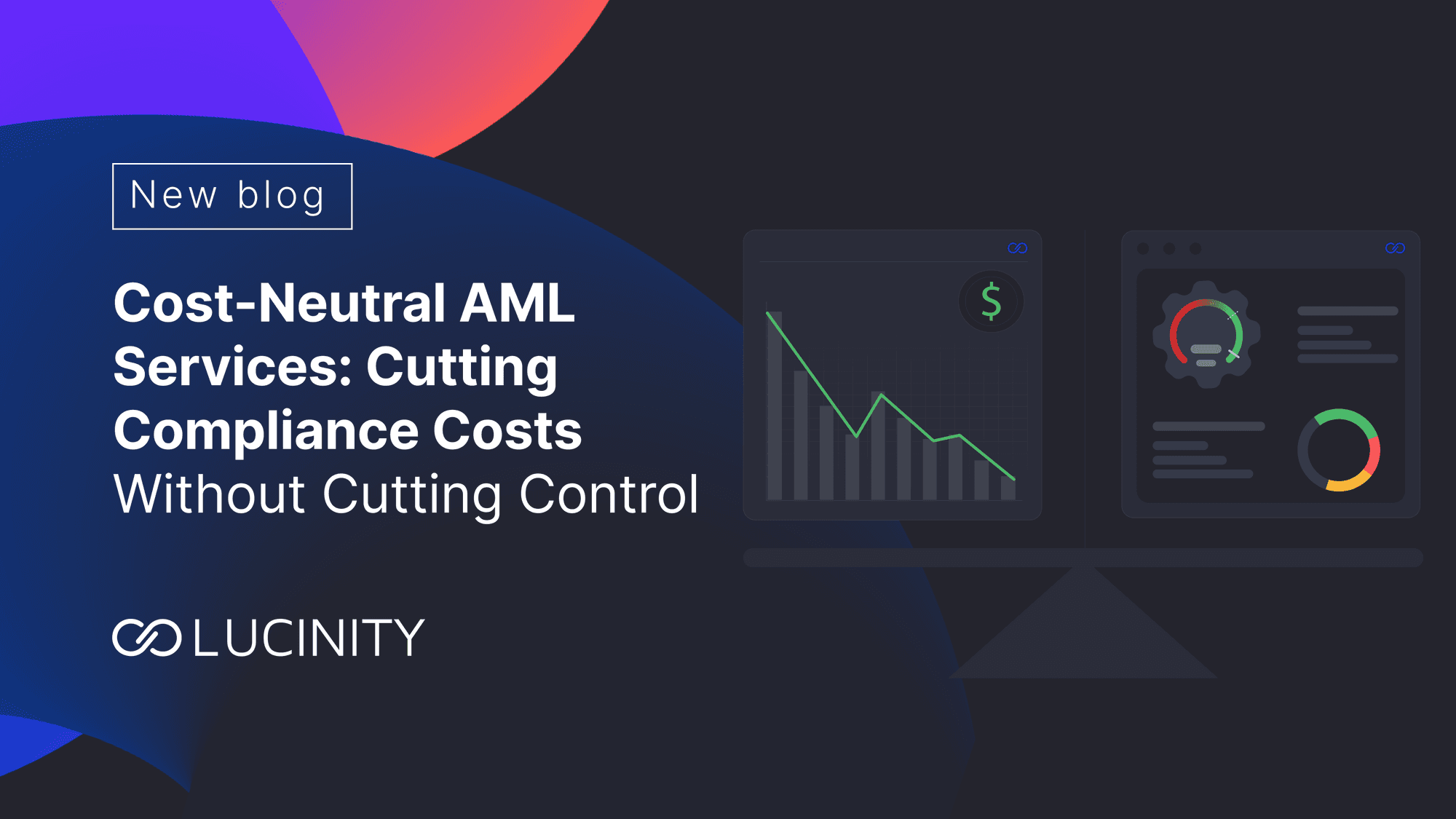Human Trafficking: Taking a Stand for Women's Equity in Financial Crime
It isn't easy to wrap your head around Embracing Equity in the AML industry when human trafficking-related typologies mainly target women. A multi-faceted approach and collaborative effort must be made by all parties involved.
“Defeating human trafficking is a great moral calling of our time.”
— Condoleezza Rice, former U.S. Secretary of State
Women Involved in Human Trafficking and Modern Slavery
According to U.S. FinCEN (Financial Crimes Enforcement Network), human trafficking is defined as “a crime that involves exploiting a person for labor, services, or commercial sex.” Additionally, the Financial Crimes Action Task Force (FATF) identifies several types of human trafficking: prostitution or other forms of sexual exploitation, forced labor or slavery, and the removal of organs.
Women are at the center of the first of these FATF typologies. Sexual exploitation is the most commonly identified form of human trafficking, constituting c.79% of human trafficking cases worldwide (source: U.N. Office of Drugs and Crime’s Global Report on Trafficking in Persons).
However, when we look at human trafficking from a compliance perspective, women are more commonly involved, unlike in other financial crimes. Firstly, a disproportionately higher volume of women than men are involved in human trafficking as victims. They are typically exploited over an extended period. Offenders meet the victims’ basic needs for food, transport, and accommodation so they can continue exploiting them, following a sinister, endless cycle.
Secondly, women are also involved as traffickers themselves. They sometimes play a crucial role by luring, recruiting, and coaching other victims. This works mainly because sometimes, victims see other women as more trustworthy than men. A case in point is the infamous role played by Ghislaine Maxwell, who was accused of coaching young girls who later were victims of Jeffrey Epstein's activities.
Financial Transactions and Red Flags
Financial transactions associated with victims can be conducted by themselves or on their behalf, but they never acquire complete control over their financial products or instruments. Identifying money laundering from human trafficking activity is never easy as transactions often appear as low volume, regular account activity on the victims’ side.
Examining the victim’s expenses and cashflows may bring better results as it can lead to identifying and profiling victims at scale, which the investigator can take as an initial step to identify the offenders’ network.
Transaction analysis should be performed at a relationship rather than account level, using behavioral elements that can be constructed to build a pattern: funding mainly through [often cross-border] cash deposits from unrelated individuals, accounts controlled by third parties, and multiple accounts showing common information, e.g., address, telephone are indicative signs of suspicious activity related to human trafficking.
#EmbraceEquity in Financial Crime
Women play a critical role in anti-financial crime activities, from transaction monitoring Analysts to senior leadership positions in the financial services, consultancy, and solution-providing industries. Women must be supported in this industry as they stand up for those impacted by money laundering and human trafficking. In this respect, the work performed by entities like Women in Ethics & Compliance and global networks such as Risky Women is remarkably successful.
Financial Crime is one of the significant challenges human societies face on a global scale. It isn't easy to wrap your head around Embracing Equity in the AML industry when human trafficking-related typologies mainly target women. A multi-faceted approach and collaborative effort must be made by all parties involved: governments, financial institutions, regulatory entities, and solution providers if we want to take steps toward creating equity. It’s not just the right thing to do; it’s our responsibility as free individuals.





